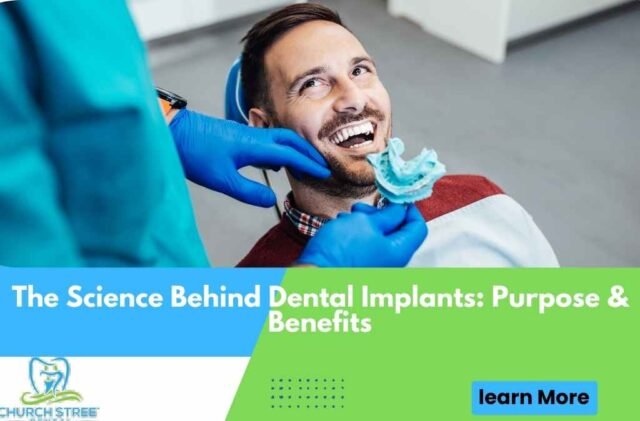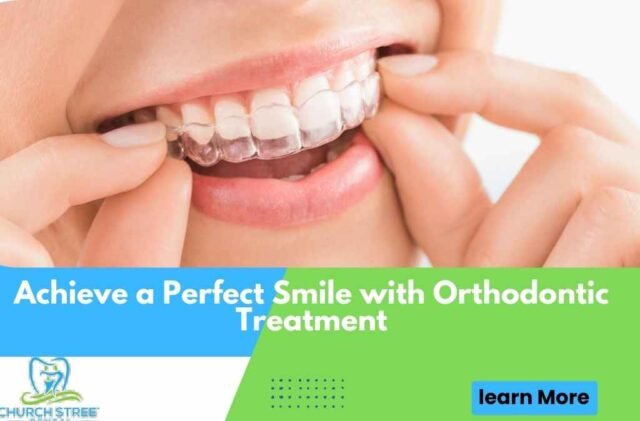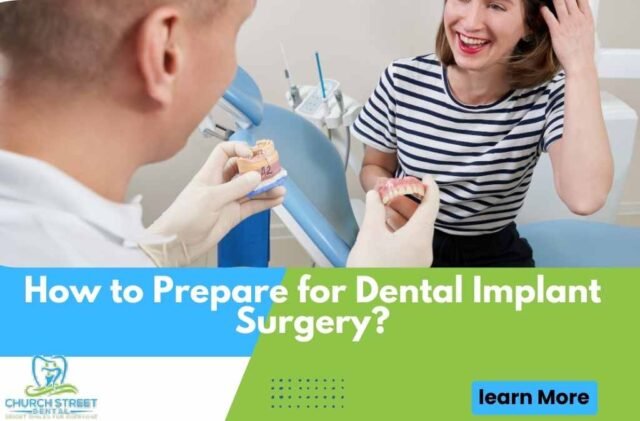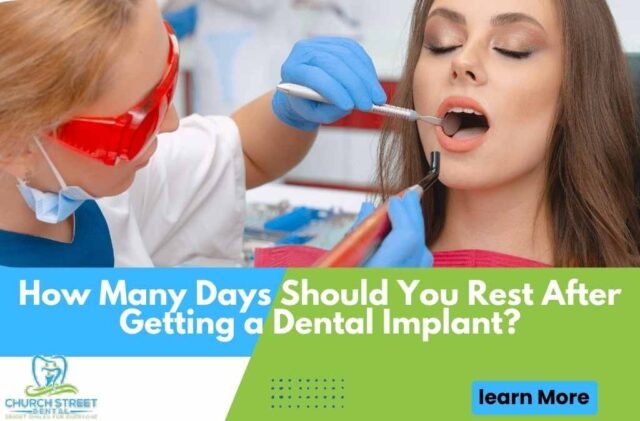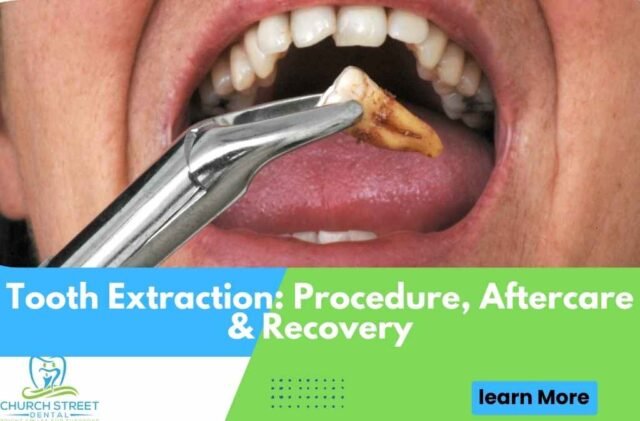Losing teeth, whether due to aging, injury, decay, or periodontal disease, can be a frustrating experience. Missing teeth can affect your self-esteem, your ability to eat properly, and your overall oral health. However, the good news is that there are several effective options for replacing missing teeth, allowing you to restore both the appearance and function of your smile. Choosing the right solution for missing teeth is a decision that depends on various factors such as your oral health, lifestyle preferences, budget, and the number and location of missing teeth. We will help you explore the best options for replacing missing teeth, along with the benefits, limitations, and costs of each.
Why Replacing Missing Teeth is Important
The decision to replace missing teeth is about more than just aesthetics—it’s also about preserving your oral health. Here are several reasons why replacing missing teeth should be a priority:
- Aesthetic Appeal: Missing teeth can make you self-conscious about your smile. Whether you’re meeting new people, participating in social activities, or just looking in the mirror, missing teeth can diminish your confidence. Tooth replacements such as dental implants or bridges can restore a complete smile and enhance your appearance.
- Improved Functionality: A missing tooth or multiple missing teeth can affect your ability to chew and speak properly. Without replacing them, the remaining teeth may become misaligned or strained. Replacing the missing tooth allows you to restore normal chewing, bite function, and pronunciation of words.
- Prevention of Bone Loss: Your jawbone relies on the stimulation from your teeth to maintain its density and shape. When a tooth is lost and not replaced, the bone in that area begins to deteriorate, leading to further dental issues. Dental implants, in particular, help prevent bone loss by stimulating the bone much like a natural tooth root.
- Protecting Remaining Teeth: Missing teeth can cause remaining teeth to shift out of alignment, leading to misalignment or additional tooth loss. Replacing a missing tooth with a dental implant or bridge can prevent these shifts and preserve the overall health of your mouth.
- Speech Enhancement: Missing teeth can make certain sounds difficult to pronounce, leading to speech issues. By replacing lost teeth, you help maintain your ability to speak clearly and confidently.
Common Causes of Missing Teeth
There are various reasons why people experience tooth loss. Understanding the underlying cause of your tooth loss can help guide you to the right treatment option. Some of the most common causes of missing teeth include:
- Tooth Decay: Severe cavities that go untreated can eventually destroy a tooth, leaving it irreparable and requiring extraction.
- Trauma or Injury: Accidents, sports-related injuries, or even falls can cause a tooth to break or become dislodged.
- Periodontal Disease: Gum disease, if left untreated, can cause the gums to recede and the supporting bone to weaken, leading to tooth loss.
- Aging: As people age, teeth naturally wear down and become weaker, leading to an increased risk of tooth loss.
- Genetics: Some individuals are genetically predisposed to dental issues that can lead to tooth loss, such as weak enamel or an increased risk of gum disease.
Overview of Tooth Replacement Options
When considering tooth replacement options, it’s important to understand the various types available. Each option comes with its own set of advantages and challenges, and the right solution will depend on the severity of your tooth loss, your health, and your personal preferences.
Dental Implants: The Gold Standard for Tooth Replacement
Dental implants are widely regarded as the best option for replacing missing teeth. An implant consists of a small titanium post that is surgically placed into the jawbone, acting as an artificial tooth root. Once the implant integrates with the bone, a crown, bridge, or denture is attached to restore the missing tooth.
Benefits of Dental Implants:
- Natural Appearance: Dental implants look and feel just like your natural teeth. The crown is custom-designed to match your natural tooth color and shape.
- Longevity: Implants can last a lifetime with proper care. They are considered the most durable tooth replacement option.
- Functionality: Implants restore 100% of your chewing function and feel like real teeth.
- Jawbone Health: Implants prevent bone loss by stimulating the bone as natural tooth roots do.
The Dental Implant Procedure:
- Initial Consultation: Your dentist will assess your overall oral health and determine if dental implants are a good fit. They will check your jawbone density, gums, and general health to ensure the implant will have a stable foundation.
- Surgical Placement: During the procedure, the implant post is placed into the jawbone. This is done under local anesthesia.
- Healing Time: The implant needs time to fuse with the bone—a process known as osseointegration. This can take several months.
- Attachment of Crown: Once the implant is stable, a custom-made crown, bridge, or denture is attached to complete the restoration.
Who is a Candidate for Dental Implants?
Dental implants are an ideal solution for most people who are in good overall health. The patient should have sufficient bone density in the jaw to support the implant. If there has been bone loss, bone grafting may be necessary.
Risks and Limitations of Dental Implants:
While dental implants have a high success rate, there are some risks, such as infection, implant failure, or damage to surrounding teeth. The process is more invasive than other options and may require several months of healing.
Dentures: A Traditional and Affordable Solution
Dentures are a removable option used to replace missing teeth. They can be full (replacing all teeth in an arch) or partial (replacing only a few missing teeth). Dentures are custom-made to fit over your gums and can be held in place with adhesive or metal clasps, depending on the type.
Types of Dentures:
- Full Dentures: These replace all of the teeth on the top or bottom row of your mouth. They are used when a person has lost all their teeth in that area.
- Partial Dentures: These are used when only a few teeth are missing and can be easily removed for cleaning.
- Implant-Supported Dentures: These dentures are attached to dental implants for better stability and function.
Benefits of Dentures:
- Affordability: Dentures are one of the more cost-effective solutions for tooth replacement.
- Non-Surgical: Unlike implants, dentures do not require surgery, making them a less invasive option.
- Quick Solution: Dentures can be fitted quickly after tooth extraction.
The Denture Fitting Process:
- Initial Visit: Your dentist will take impressions of your gums and any remaining teeth.
- Creating the Denture: The dentures are made based on these impressions. This process may take a few weeks.
- Fitting and Adjustments: Once the dentures are made, your dentist will ensure they fit properly and make any necessary adjustments to ensure comfort.
Pros and Cons of Dentures:
Pros:
- Less expensive than dental implants.
- Can be customized to look and function like natural teeth.
- Non-invasive and relatively quick to obtain.
Cons:
- May not feel as comfortable or secure as implants.
- Require regular cleaning and maintenance.
- Can affect speech and chewing initially.
- May require frequent adjustments over time.
Dental Bridges: A Fixed Option for Missing Teeth
A dental bridge is a fixed restoration used to fill in the gap created by one or more missing teeth. It consists of artificial teeth (pontics) that are anchored to the adjacent natural teeth using crowns.
Types of Dental Bridges:
- Traditional Bridges: These are the most common and use crowns on the adjacent teeth to anchor the bridge.
- Cantilever Bridges: These are used when there are adjacent teeth on only one side of the gap.
- Maryland Bridges: These use a metal or porcelain framework to support the artificial tooth, and they are typically bonded to the back of the adjacent teeth.
Benefits of Dental Bridges:
- Fixed Solution: Unlike dentures, dental bridges are fixed in place and cannot be removed.
- Restore Functionality: Bridges restore the ability to chew and speak comfortably.
- Natural Look: With modern materials, bridges can look almost indistinguishable from natural teeth.
The Dental Bridge Procedure:
- Preparation of Adjacent Teeth: The adjacent teeth must be shaved down to accommodate the crowns.
- Impressions: After the teeth are prepared, impressions are taken to make a custom bridge.
- Fitting: The bridge is placed into the gap, and any adjustments are made for fit and comfort.
Pros and Cons of Dental Bridges:
Pros:
- Provides a fixed and stable solution.
- No need for surgery.
- Relatively quick process compared to implants.
Cons:
- Can cause damage to adjacent teeth.
- May not be as durable as implants.
- The bridge may need to be replaced after several years.
Partial Dentures: A Flexible Option for Tooth Replacement
Partial dentures are designed for people who have one or more missing teeth but still have several remaining teeth. They are a removable option that consists of a metal or acrylic framework that supports artificial teeth.
Benefits of Partial Dentures:
- Customizable: Partial dentures are made to fit the gaps in your mouth while still allowing the remaining natural teeth to remain in place.
- Affordable: They are generally more affordable than implants and bridges.
- Removable: Partial dentures can be easily removed for cleaning.
The Partial Denture Procedure:
- Impressions: Impressions of your mouth are taken to create a custom partial denture.
- Fabrication: The partial denture is made in a dental laboratory.
- Fitting: Once completed, the partial denture is placed in your mouth and adjusted for comfort.
Pros and Cons of Partial Dentures:
Pros:
- Cost-effective.
- Removable for cleaning.
- Flexible solution for replacing multiple teeth.
Cons:
- Less stable than implants.
- Can affect speech and comfort.
- May require regular adjustments over time.
Comparing the Costs of Different Tooth Replacement Options
The cost of tooth replacement options varies significantly depending on the method used. Generally, dental implants are the most expensive option, followed by bridges, partial dentures, and full dentures. Factors that influence cost include the number of teeth being replaced, geographic location, and the complexity of the procedure.
- Dental Implants: Typically range from $3,000 to $6,000 per implant (including surgery, post, and crown).
- Bridges: Range from $500 to $1,500 per tooth, depending on the material used.
- Dentures: Full dentures can cost between $600 to $2,000 for an upper or lower arch, while partial dentures range from $300 to $1,000.
- Partial Dentures: The cost for partial dentures generally ranges from $500 to $1,500, depending on the complexity and materials used.
Maintenance and Aftercare for Tooth Replacement Solutions
Proper maintenance and aftercare are essential for extending the lifespan of any tooth replacement solution. For dental implants, you should maintain excellent oral hygiene, brushing and flossing regularly. Implants may require occasional check-ups to ensure the post remains stable. Dentures and bridges also need to be cleaned and maintained, as plaque and bacteria can accumulate.
How to Decide Which Tooth Replacement Option is Right for You
Ultimately, the decision on which tooth replacement option is right for you depends on a combination of factors: your oral health, budget, lifestyle preferences, and the location and extent of your tooth loss. Dental implants may be ideal for those who want a permanent and highly functional solution, while dentures may be a better choice for those on a tighter budget or those looking for a non-invasive option. Consulting with an experienced dentist is crucial for determining the best solution for your individual needs.
Conclusion
Replacing missing teeth is crucial for both your oral health and your quality of life. Each tooth replacement option—whether it’s a dental implant, bridge, denture, or partial denture—has its advantages and limitations. By understanding these options and consulting with a professional, you can make the best decision to restore your smile, improve your functionality, and maintain your oral health for years to come. For personalized advice and expert care, contact Church Street Dental, Dentist in Chicopee, MA. Our experienced team will work with you to find the most appropriate solution to restore your smile and ensure long-lasting oral health.


